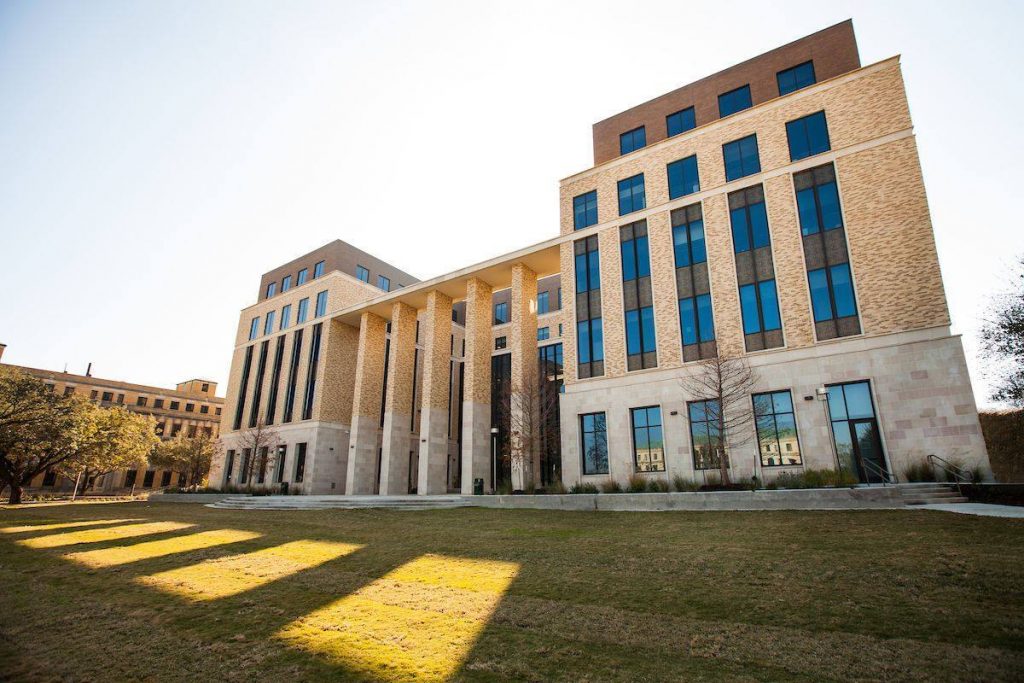Definitions vs. Connotations: What’s The Difference?
Many people wonder what the College of Liberal Arts’ name means. Marian Eide, a professor in the Department of English, has an explanation.

By Tiarra Drisker ‘25
Oct. 16 is National Dictionary Day, but can a dictionary help distinguish between the definition of a word and its connotation?
The College of Liberal Arts’ name is continuously misconstrued because of one word: “liberal.” Many people see the college’s name and conflate it with terms used in politics.
“A word like liberal comes from different sources and can mean different things,” Marian Eide, a professor in the Department of English, said. “Even within the definition, we can get a connotation. In politics, it means the tendency to believe that government is a positive agent in social change and to believe in individual freedoms.”
Depending on an individual’s political beliefs, the word “liberal” may have a positive or negative connotation if their opinion on the word is formed while thinking of the political definition. This was the case when the French connotation of the word was introduced to the English language.
“The word itself only got that connotation after the French Revolution,” Eide explained. “It was taken from the pledge of the French Revolution to liberate people who had been oppressed by royalty. When it got translated into the British context from France, it was in a negative way. It was thought to be meaning lawlessness, a willingness to take down the system entirely without considering what might be good for everyone. When it entered English political rhetoric, it entered as a negative.”
The French Revolution political connotation is just one of many. “Liberal” as seen in the name of the college harkens back to the word’s 19th century connotation.
“[The 19th century connotation] is the education that is directed towards intellectual freedom.” Eide said. “It’s the education needed by someone who is liberated. If you’re gonna be free and act as a free person in society, you need this education as opposed to what a technical education would allow you to do. People at the time believed that if we’re gonna be a free people, we need an education fit for a free person.”
To truly understand the meaning of a word, you must know all the context, history, and previous connotations behind it. Connotations of words spread fast and often take a great deal of effort to change. According to Eide, the implication of a word can be built into a culture or time period whether negative or positive. For this same reason, Eide advised against using dictionaries solely to find the true meaning of a word. Dictionaries carry the cultural presumptions of their time and can sometimes give a connotation that is misleading or no longer relevant.
“A good example is the use of the word ‘queer,’ which just means odd,” Eide said. “The connotation was negative and associated with non-normative sexualities. Starting in the 60’s people of non-normative sexualities started to use that term in a positive way. I think one of the great revolutions of our language is that ‘queer’ became something that had a positive connotation. Now, its denotation has changed too. It’s no longer defined as ‘odd.’ You can look it up in the dictionary now and ‘queer’ will be LGBTQIA.”
The dictionary carries possible undertones, so how can an individual fully understand the words they use, hear, and see?
“It’s a matter of being more observant,” Eide said. “Just observe that something is taking on multiple connotations and be interested in sources that aren’t your usual sources. You should vary your sources, notice cultural assumptions that are tied to our language, and be willing to use language appropriately.”
